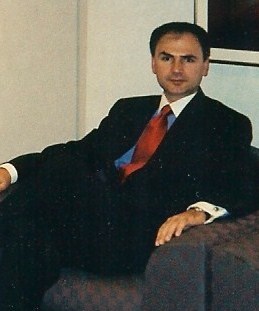A Quote by Ralph Waldo Emerson
We are adapted to infinity. We are hard to please, and love nothing which ends: and in nature is no end; but every thing, at the end of one use, is lifted into a superior, and the ascent of these things climbs into daemonic and celestial natures.
Related Quotes
For after all what is man in nature? A nothing in relation to infinity, all in relation to nothing, a central point between nothing and all and infinitely far from understanding either. The ends of things and their beginnings are impregnably concealed from him in an impenetrable secret. He is equally incapable of seeing the nothingness out of which he was drawn and the infinite in which he is engulfed.
Khattam-Shud,' he said slowly, 'is the Arch-Enemy of all Stories, even of language itself. He is the Prince of Silence and the Foe of Speech. And because everything ends, because dreams end, stories end, life ends, at the finish of everything we use his name. "It's finished," we tell one another, "it's over. Khattam-Shud: The End.
And is an ending always bad? it asked. Must not all things, even worlds, someday end?"There is no need to hasten that end," Vin said. "No reason to force it."All things are subject to their own nature, Vin, Ruin said, seeming to flow around her. She could feel its touch upon her - wet and delicate, like mist. You cannot blame me for being what I am. Without me, nothing would end. Nothing could end. And therefore, nothing could grow. I am life. Would you fight life itself?
We are so anxious to achieve some particular end that we never pay attention to the psycho-physical means whereby that end is to be gained. So far as we are concerned, any old means is good enough. But the nature of the universe is such that ends can never justify the means. On the contrary, the means always determine the end.







































